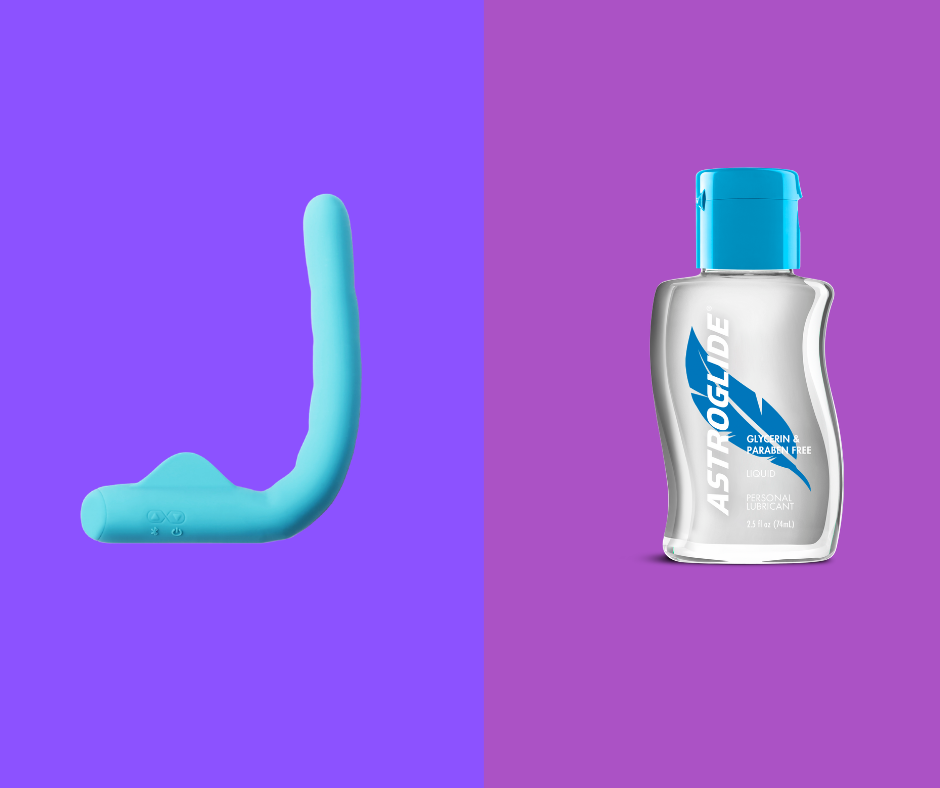Strategies for Getting Over Your Ex

Breakups hurt and there is no universal path to moving on. But research suggests there are some specific strategies we can employ to find happiness even after a painful split.
Consider some of these strategies for moving on and feel free to adapt them to your specific needs:

Embrace sadness.
Research suggests that giving yourself permission to be sad and dwelling on a breakup can help you to get over it more effectively. Oftentimes, our friends (with all good intentions) aim to cheer us up and lift our spirits with nights out, distractions and celebrations after a breakup.
But one study found that taking time to dwell on the split and the associated negative feelings, can actually help you work through the tough emotions so you can move on. You’re more likely to reach acceptance and effectively manage a feeling if you acknowledge it and unfortunately ignoring a feeling will not eradicate it.
Consider writing down how you’re feeling or keeping a journal and give yourself permission to cry (or scream) it out. You don’t want to spend all day dwelling on the breakup and you likely want to reduce the time you spend focusing on it as the days pass, but don’t use distraction to avoid dealing with your emotions.
Some people find that setting specific time aside to reflect on the relationship (e.g. one hour a day for the first week) naturally leads to spending less time feeling upset, as they purposefully address their feelings, regrets and new desires.

Go ahead and date (if you want to).
There is no set period of time you must wait after a breakup. Some people start dating right away and others prefer to wait, but don’t put it off because of some arbitrary expectation or fear of rebounding.
Ultimately, you’re the expert in your own needs, but one study found that allowing less time to span between your last breakup and a new relationship is positively correlated with higher self-esteem, higher well-being and more respect for your new partner!
Studies also suggest that starting a new relationship can help you to get over a breakup and boost your confidence as a dater.
We’re programmed to seek connection, so even if you’re not fully prepared for another relationship, you’re still emotionally coded to seek new connections.
If you want to make a “rebound” relationship work, don’t treat it like a rebound, but instead give it the respect it deserves and be honest about what you want.

Make it a digital breakup.
Following your ex on social media is tempting, but it may not be worth it. A recent study found that scrolling through your ex’s Facebook page is associated with higher levels of distress, lower levels of personal growth and more negative feelings after a break-up.
If you’re not ready to fully unfollow your ex, can you set limits on how often you check their account? Could you try to log off for 1-2 days? And if you cave, can you limit the scrolling to 2-5 minutes?
You may find that as time elapses, your desire to check in on them subsides and you can go another ten, twenty or thirty days with less effort.
Regardless of whether or not you follow them, be sure to avoid passive-aggressive posts that disparage your ex or your breakup — even indirectly. Everyone knows what you’re talking about and posting vaguely or in a disparaging manner does nothing to help you heal. Instead, focus on taking care of yourself. Take a new course, join a club, call an old friend, volunteer, work out, dance, hike, paint, write or engage in another activity that makes you feel like yourself and brings you fulfillment.

Study rejection. And put a list of feelings on your fridge.
Emotional pain can be more intense than physical pain because you can recall it. MRI studies show that the same areas of the brain become activated when we experience rejection as when we experience physical pain and pain medications can reduce emotional pain.
After a breakup, the pain can stem from feelings of rejection, which most of us tend to deny, avoid and (accordingly) allow to fester. Feelings of rejection also have the potential to exacerbate emotional pain, as we tend to be harder on ourselves when we feel rejected. We may self-sabotage, which not only allows the pain to persist but can also take a toll on our self-esteem.
Try to understand how feelings of rejection affect the way you think about yourself and take measures to counteract these effects. For example, if you find you’re being hard on yourself, use positive affirmations to reinforce your self-esteem. Remind yourself that you’re worthy. And say it. I’m worthy. Remind yourself that you’re deserving of love and pleasure. And say it. I deserve love and pleasure. Try it in front of the mirror or whisper it to yourself while you get ready in the morning. If you feel uncomfortable, record a voice note, write your affirmations on a sticky paper, or simply try starting the day by saying one simple word out loud: Yes!
Acknowledging feelings of rejection is an important life skill, but we tend to mask it with other emotions — sadness, anger, frustration, jealousy, for example. Fellow sex educator Karen BK Chan suggests that printing off a list of emotions and hanging them on your fridge can enable you to better manage rejection.
If you find yourself stuck on specific emotions — anger, frustration or resentment, for example – you can look at the list (on your fridge) to try to identify the true emotional source.
If you’re feeling angry, are you really angry or are you really feeling inadequate? If you’re feeling frustrated, perhaps you’re really feeling lonely?
If you find yourself harboring resentment, are there other important emotions worth addressing like sadness, guilt or shame?
Sometimes just seeing these emotions in writing — on your fridge or on your phone — can help you to get to the source of the problem. These may be the more authentic, scarier and more vulnerable emotions that underly the more aggressive ones.
Change one thing about your routine.
Sometimes the hardest part of a break-up isn’t the loss of companionship, but the impact it has on our day-to-day routines.
For example, if you used to visit the same cafe together every morning, find a new morning ritual. Ask a friend, co-worker or neighbor to coffee or take a new route to work so you don’t find yourself in the coffee shop reminiscing about the time you spent together soaking in your morning high.
A longer relationship often results in more ingrained behaviors and habits, but you can break these patterns almost immediately by making conscious decisions to change daily habits one at a time.

Touch Yourself!
You don’t have to give up on sex just because you don’t have a partner. In fact, solo sex can be just as fulfilling and give you the mood and energy boost you need during a difficult time. Research suggests that some of the potential benefits of masturbation include reduced stress levels, lower anxiety, improved sleep, improved emotional state and of course, pleasure! So grab your favorite lube and check out these masturbation techniques to get you going.
I know breakups can be challenging, so I’m sending you warm vibes to help you get through this difficult time.
